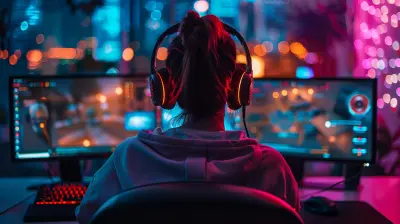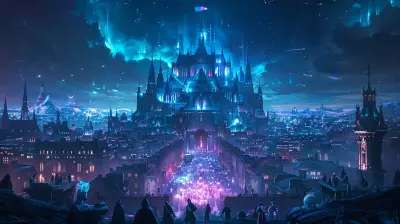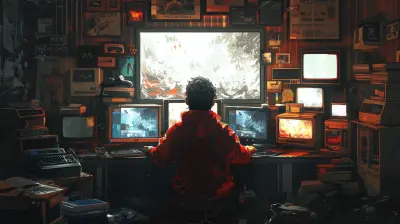How Character Customization Can Deepen Your Immersion in Open-World Games
13 August 2025
Ever spent an hour (or three) tweaking your character’s eyebrows just right, only to realize you haven’t even pressed “Start Game” yet? Yeah, same here. But here's the thing—those seemingly “wasted” hours of character customization actually serve a much deeper purpose. They’re not just fun distractions. They’re stepping stones into something bigger: full-blown immersion.
In the vast and boundless worlds that open-world games throw us into, character customization doesn’t just let us stand out—it lets us belong. Let's dive into how crafting our digital selves anchors us more deeply into these sprawling universes.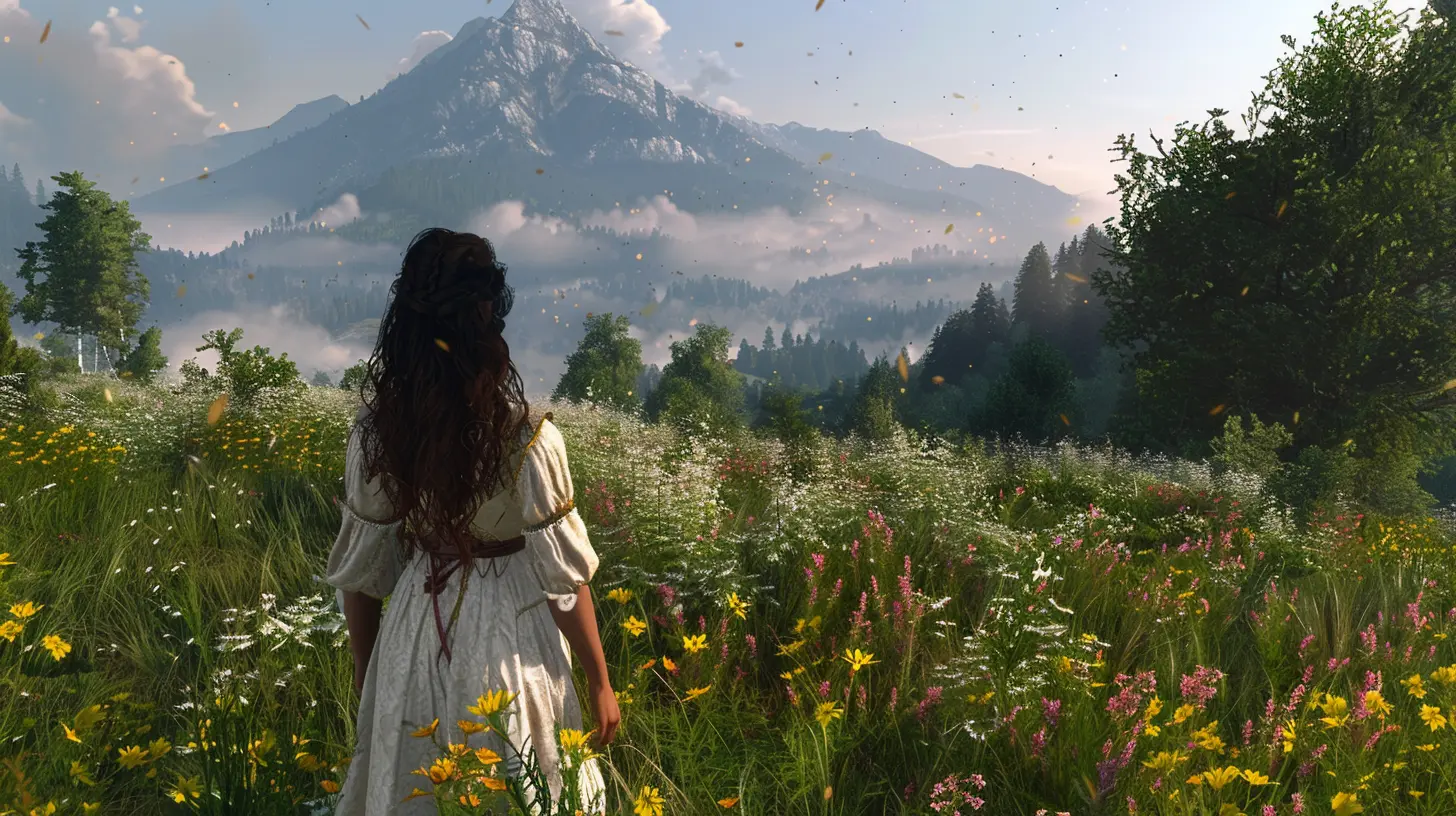
The Power of Ownership: Why Customization Matters
Let’s face it—when a game lets you shape your character from scratch, it instantly feels more personal. Instead of stepping into someone else's boots, you're designing your own. That sense of ownership can be a game-changer (pun totally intended).By customizing your character, you’re not just creating a digital avatar—you’re crafting your hero. And when you make the hero, you care about the journey. Whether it’s a post-apocalyptic survivor trying to rebuild the world or a sword-wielding warrior in a fantasy realm, it hits different when you hand-picked that hairstyle, armor color, and battle tattoos.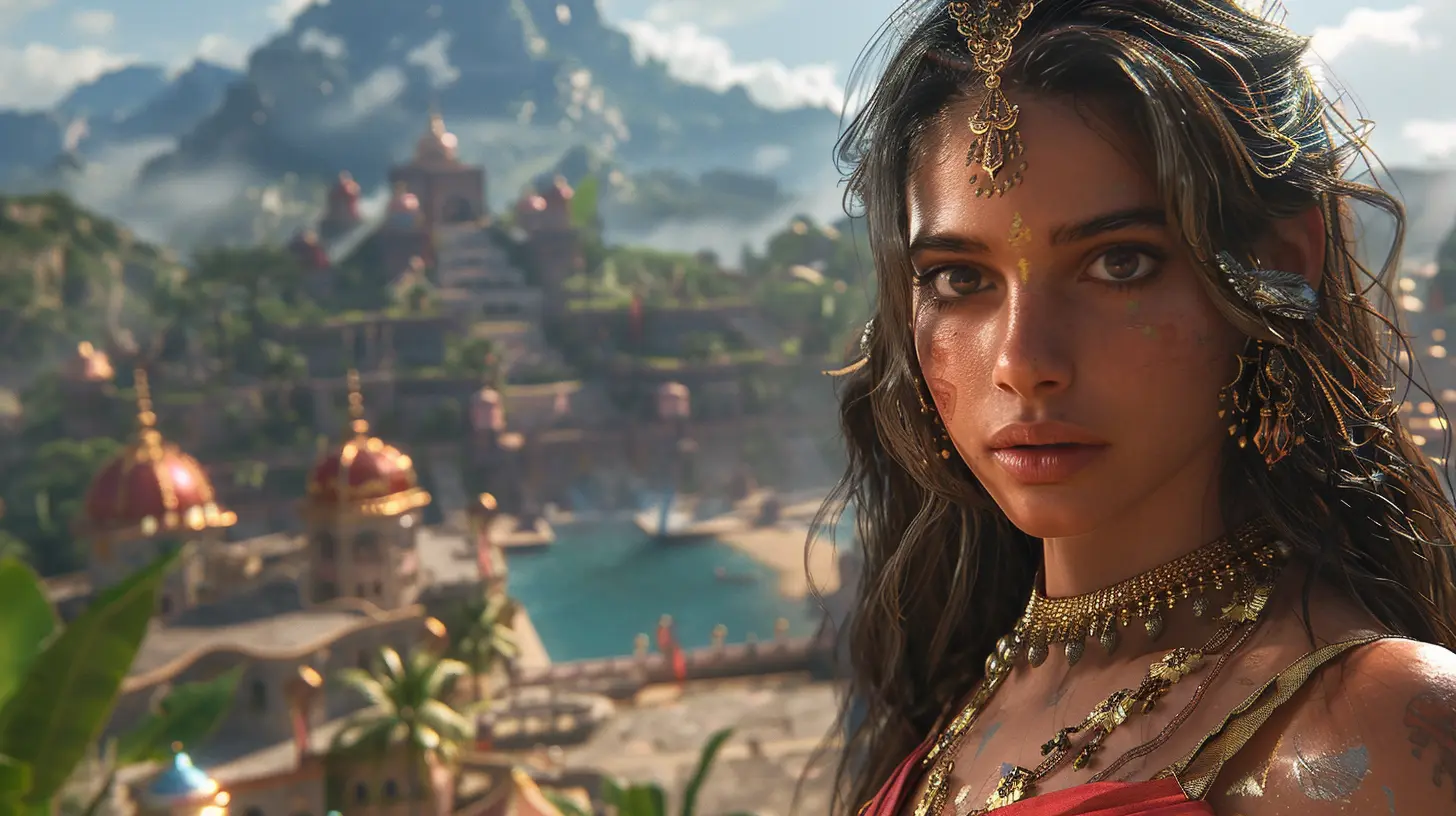
The Psychology Behind Self-Representation
Think of character customization as a digital mirror. It’s more than just picking your favorite colors or the biggest shield. It’s a chance to either reflect yourself as you are, or as you'd like to be. Want to recreate yourself in detail? Go for it. Prefer being a neon-haired alien with robotic limbs? Do your thing.This level of freedom taps into some deep psychological needs—mainly, the desire for autonomy and identity. In simpler terms: we like feeling in control, and we love expressing who we are (or who we dream to be). And open-world games give us the canvas to paint that identity loud and proud.
When Looks Influence Gameplay
It’s not just cosmetic—sometimes, your customization choices actually impact the game world. Think dialogue options that change depending on your race, background, or even the armor you wear. Or maybe NPCs treat you differently based on your appearance or reputation.In games like Cyberpunk 2077, Dragon Age, or The Elder Scrolls series, the way you build your character doesn’t just affect how you look—it alters how the story unfolds. That’s a whole new level of immersion. You’re not just playing the story. You’re writing it.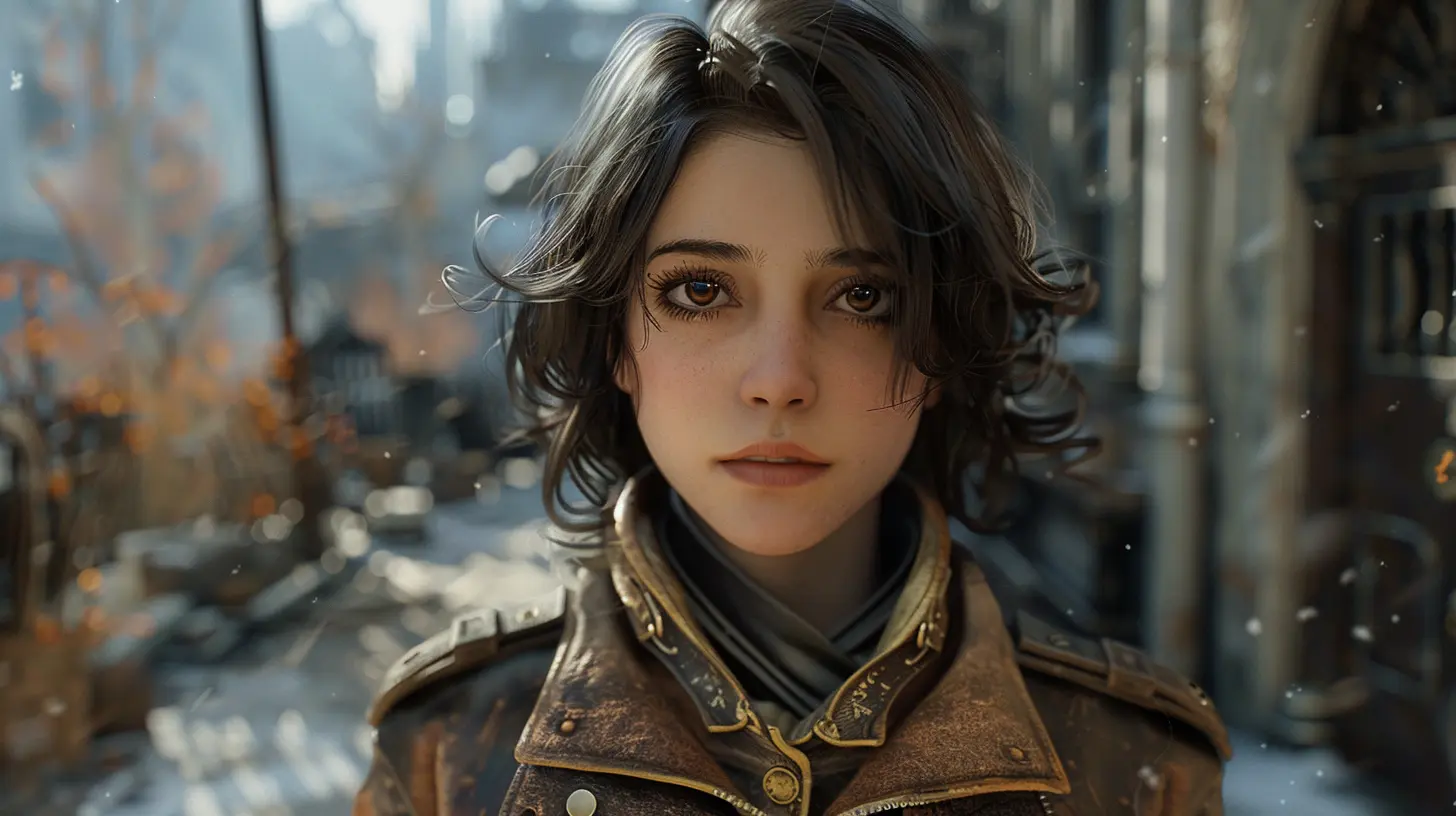
Emotional Investment Hits Differently
The more you pour into customizing a character, the more attached you become. Simple as that.When that custom character gets hurt, you flinch. When they triumph, you cheer. That emotional bond is powerful. It transforms a game from “just play” to “must play.” You feel like you are in that world, going through those struggles, winning those battles, making those choices.
And when the stakes get high? When a major decision looms or a beloved companion’s life is on the line? That emotional connection makes every click count.
Representation Matters (And So Does Inclusion)
One of the most beautiful aspects of character customization is the ability to see yourself—or someone like you—fighting dragons or leading armies. Games have come a long way in offering diverse customization options: various skin tones, body types, genders, voices, cultural influences, and more.Feeling seen in a game can dramatically affect how immersed you are. Whether it's rocking a turban in Assassin’s Creed or choosing they/them pronouns in Cyberpunk, these small details make huge waves. They tell players, “Hey, you belong here.” And that’s powerful stuff.
Role-Playing Becomes More Real
Open-world games are basically massive role-playing sandboxes. But how deep you dive into the role often depends on how you envision your character. Are you the honorable knight who helps everyone in distress? Or the rogue thief with a shady past and a sharp tongue?Customization lays the groundwork for that role. By defining your character’s looks, background, and personality, you set the tone for how you approach the entire game. Every decision you make, every path you take, starts with that foundation. It’s not just game mechanics—it’s character-driven storytelling.
Dynamic Worlds React to Dynamic Characters
What’s cooler than wandering through a vibrant, reactive world? Doing it with a character that the game world actually responds to. Some open-world titles track your actions, alliances, and morality. Combine that with a custom avatar? Boom—next-level immersion.Imagine crafting a feared, face-tattooed bounty hunter with a mysterious past. Now picture NPCs whispering as you walk by, or enemies surrendering at the sight of you. That kind of interactive immersion isn’t just immersive—it’s jaw-droppingly personal.
Customization Extends Beyond the Character
Don't forget, character customization doesn't end with boots and backstories. In most open-world games, it expands to your clothes, gear, vehicles, homes, pets—you name it. You’re not only shaping your character, but also shaping the world around them.Games like Red Dead Redemption 2 or The Witcher 3 let you dress the part, live the part, and breathe the part. You’re not just an actor in a play—you’re the director, costume designer, and lead star all in one. That control enhances the immersion tenfold.
Multiplayer Customization: Be Seen, Be Known
Let's step out of single-player for a sec. In online open-world games like GTA Online or Fallout 76, character customization becomes a social language. Your look says a lot to other players. Are you a flashy show-off in golden armor, or a stealthy minimalist in camo gear?In shared worlds, your character is your identity. And that identity shapes how you interact with others. Want to role-play as a wasteland medic? Dress like one. Want to lead a biker gang? Style up in leather and ink. Your choices shape not only how you play, but how others play with you.
Customization as a Tool for Creativity and Replayability
One of the sneaky best things about character customization? It makes games insanely replayable. Different builds, different looks, different moral paths—they all offer fresh experiences.Want a run as a spell-casting mage after finishing a game as a brawling berserker? Go right ahead. Your appearance, voice, and even body posture can dramatically shift how the same game feels. It’s like starring in a reboot of your favorite show—new wardrobe, new vibe, new story.
The Future of Immersion Through Customization
With newer tech like facial scans, AI-powered dialogue options, and hyper-realistic graphics, the future of character customization is looking wild—in the best way.Imagine a game where your avatar’s emotions mimic your real expressions. Or a voice system that lets you speak into a mic and have your in-game character echo your words, tone, and emotion. We’re on the edge of a whole new level of immersion, and character customization is leading the charge.
Final Thoughts: It's Your Story
At the end of the day, open-world games are all about freedom. Freedom to explore. Freedom to choose. And most importantly—freedom to be. Character customization isn’t just a fun feature. It’s the heart of immersion. It’s the magic trick that turns pixels into people, maps into memories, and digital quests into personal journeys.So next time you find yourself agonizing over eyebrow angles, don’t rush it. That’s not wasted time. That’s the moment where your story truly begins.
all images in this post were generated using AI tools
Category:
Character CustomizationAuthor:

Tayla Warner
Discussion
rate this article
2 comments
Camden McAlister
Great read! Character customization really does add a personal touch to open-world adventures. It’s amazing how tweaking appearances can enhance our connection to the story. Keep it up!
January 31, 2026 at 7:57 PM

Tayla Warner
Thank you! I’m glad you enjoyed the read. Character customization truly does create a stronger bond with the game world. Your feedback is appreciated!
Scout Griffin
Unlock hidden depths: your character holds secret stories.
August 20, 2025 at 4:54 PM

Tayla Warner
Absolutely! Embracing character backstories enriches gameplay, allowing players to form deeper connections with their avatars and the game world.
